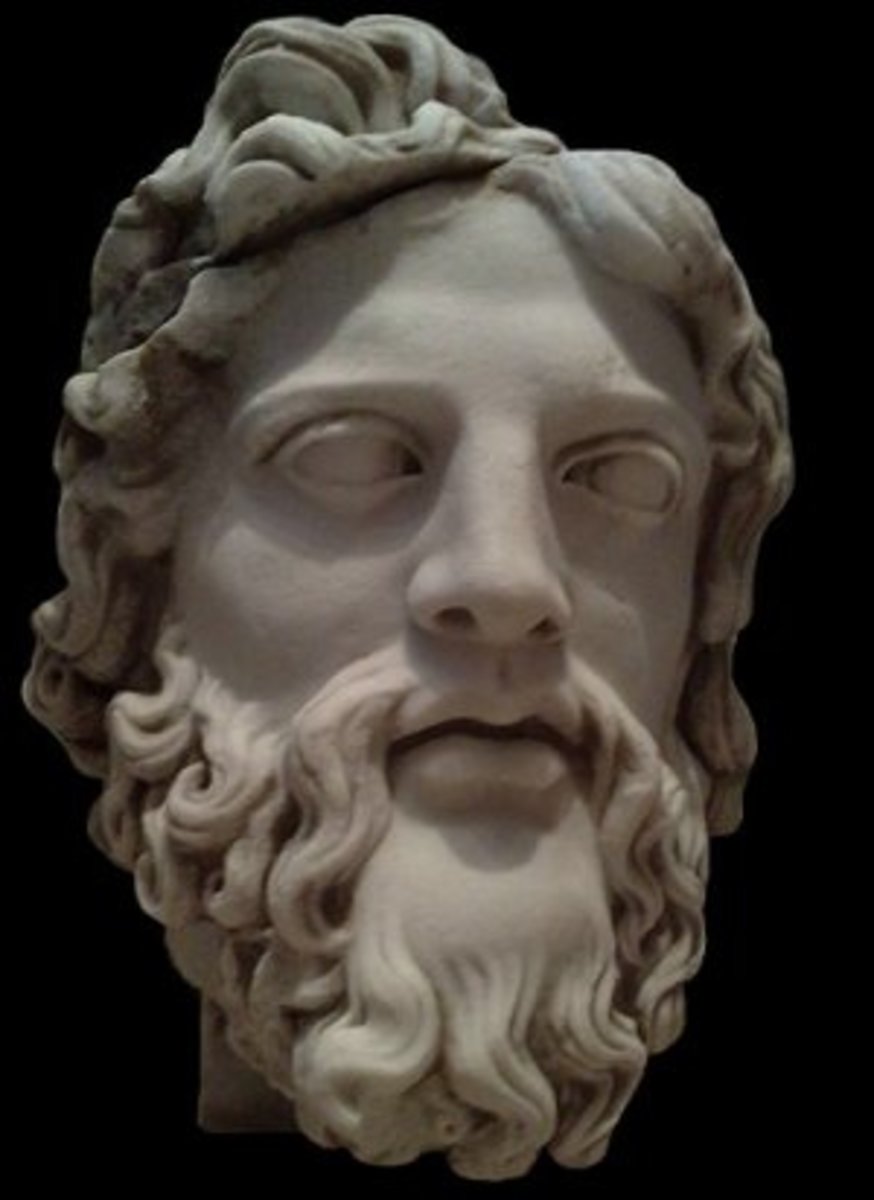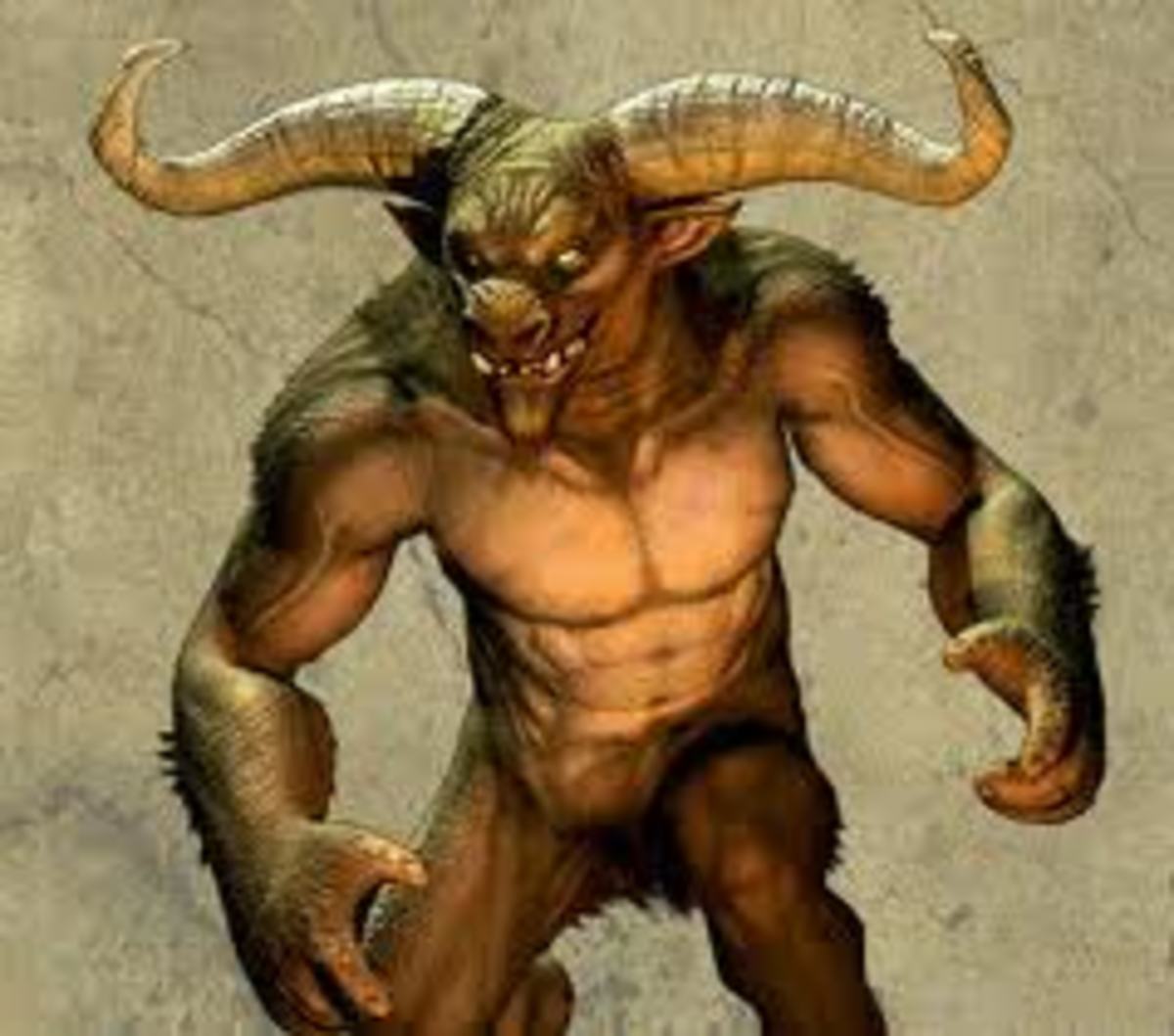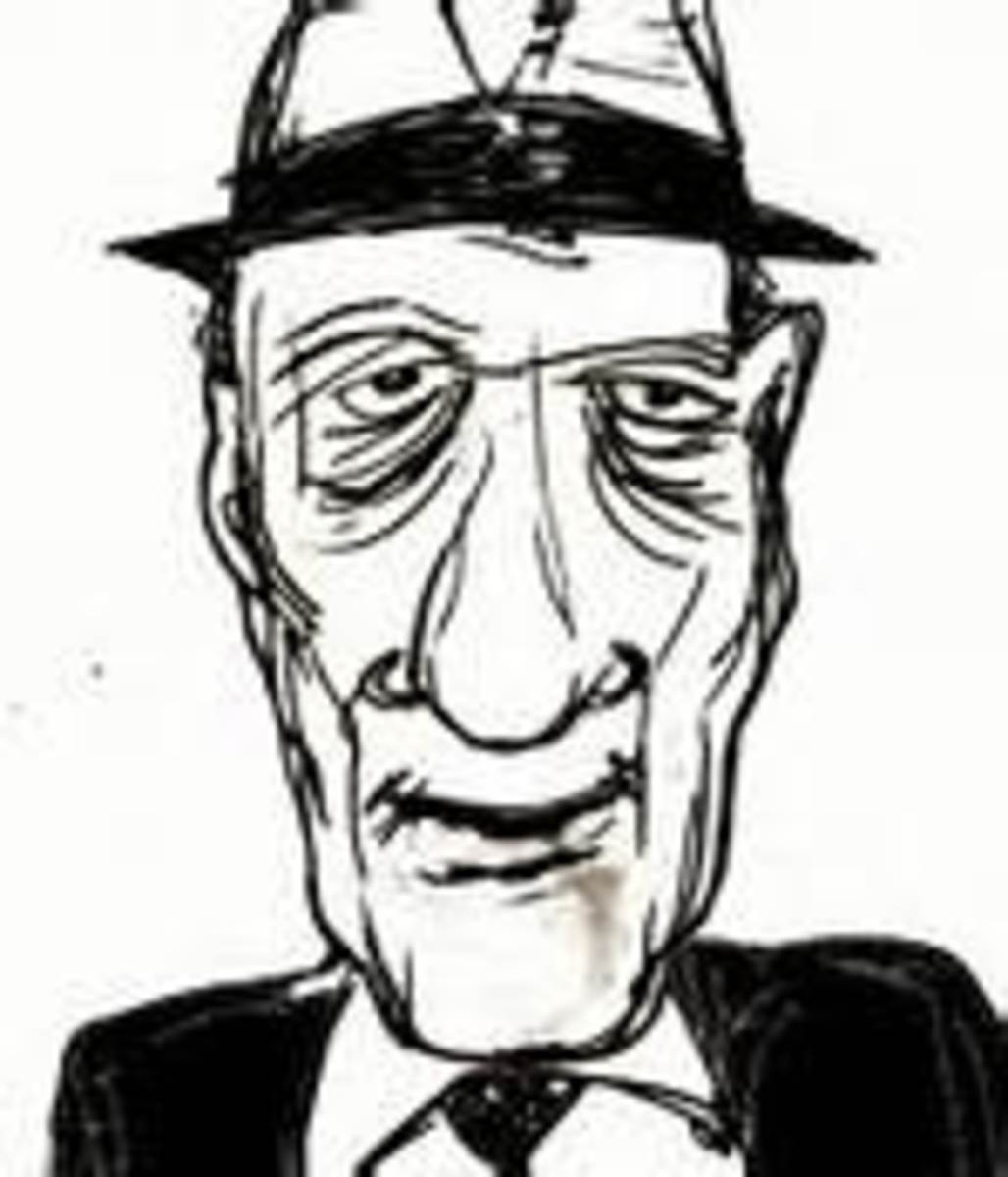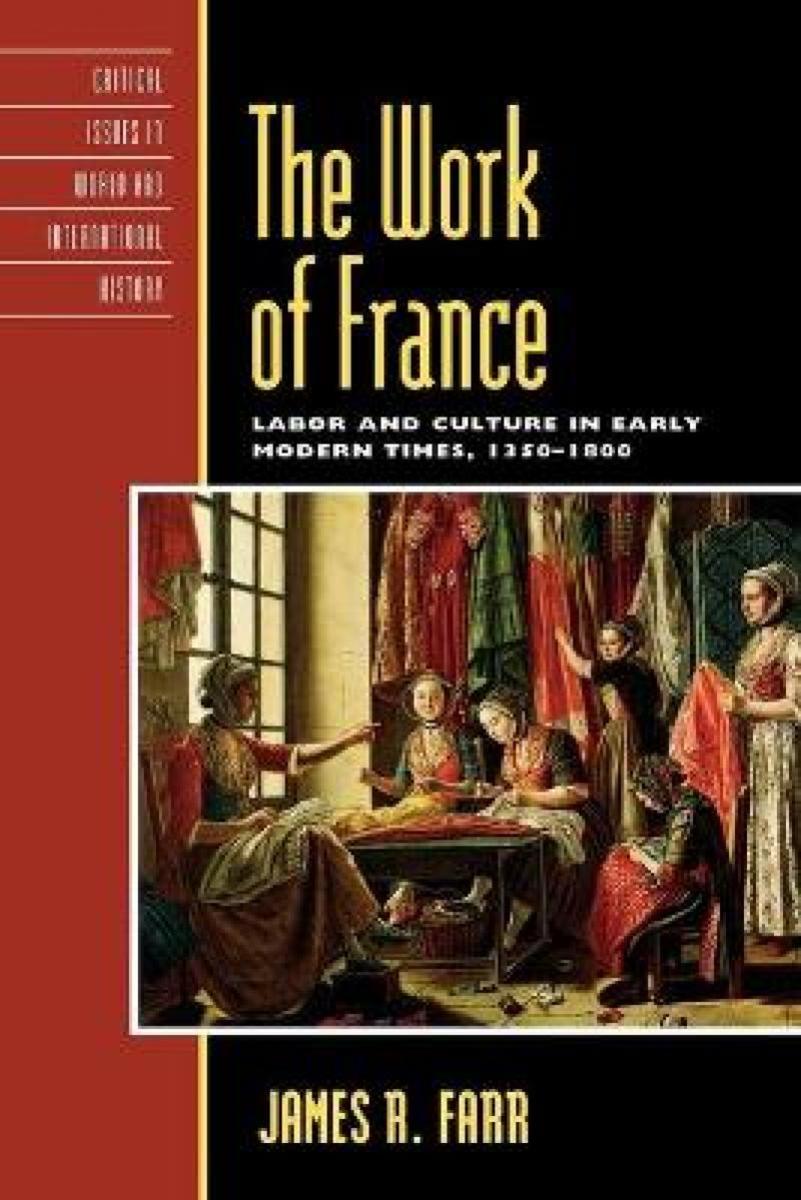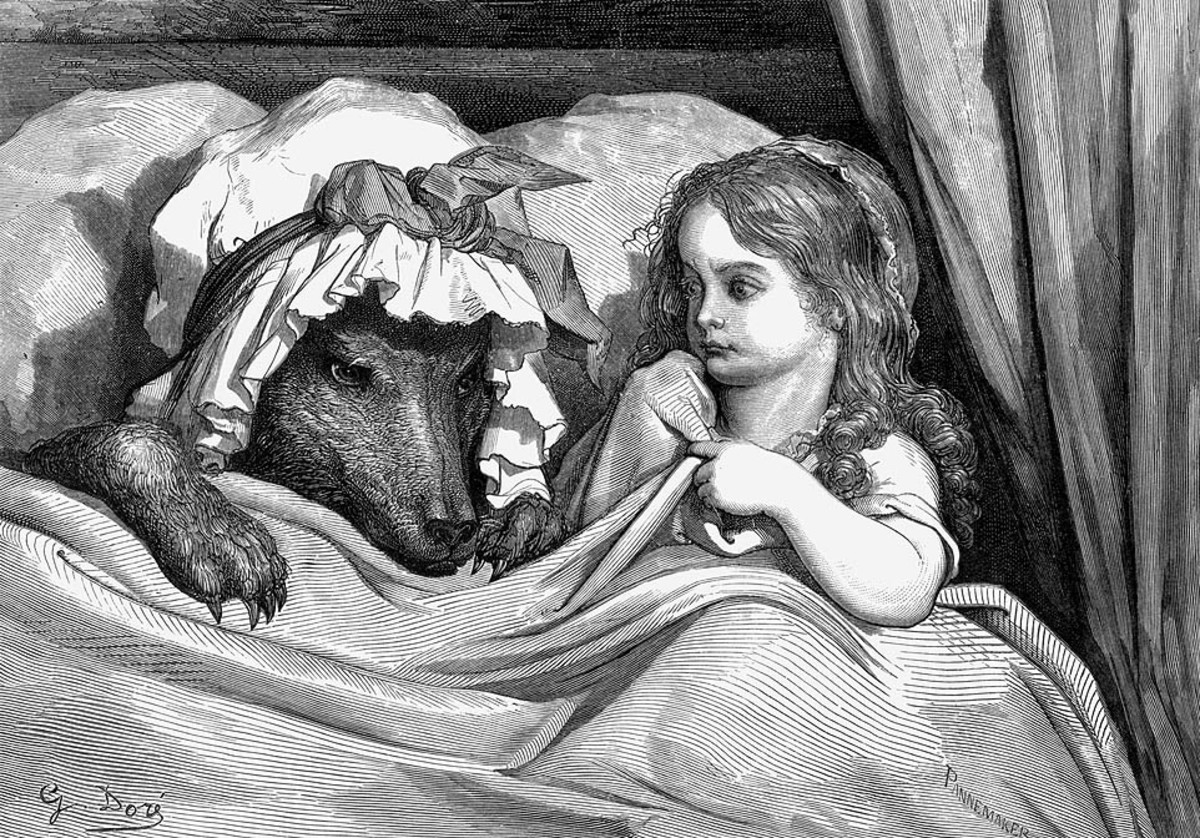The False God Moloch in Ginsberg's Howl
Allen Ginsberg’s Howl is a complex piece of work which requires quite a bit of work to understand completely. Part one of Howl follows a beat and depicts several scenes of society’s downfall. It shows the materialistic and often nihilistic views of the people of this time. Ginsberg speaks of drugs and sexual acts in an almost rant like manner. In part three of the poem Ginsberg takes a different approach. Here he is writing directly to an old friend of his Carl Solomon, with a more upbeat tone. This section of the poem is again quite rhythmic and repetitive. The most powerful part of the poem would be the second part however. It is the darkest part, describing the worst part of society. In this part of the poem Ginsberg makes a reference to Moloch repeatedly. Moloch is an interesting reference for numerous reasons. Firstly upon hearing the name many connections can be made, there is the Moloch from the Bible, the Moloch from Watchmen, Moloch of Metropolis, Moloch an ancient Semitic God and even the term Moloch takes on a new meaning in modern English referring to anything that requires a sacrifice. Since there are so many possible links to this name it becomes a very important part of the poem. Depending on the connections the reader makes the poem can take on a different meaning to that particular person. Moloch is however, a dark term no matter which way it is interpreted. It is something associated with wrong doing, evil, or sacrifice. Even having that base knowledge that Moloch is something malevolent gives the reader a clue as to how to read part two of Howl, on top of that Ginsberg refers to Moloch repeatedly seemingly driving home the idea of just how important the idea of Moloch is to this part.
One possibility for the interpretation of the meaning of Moloch is the Moloch of Metropolis a silent film depicting a dystopia of workers and owners. Ginsberg mentions “Moloch whose skyscrapers stand in the long streets like endless Jehovahs!” This seems like a direct reference to the film setting of a world filled with skyscrapers. In this film there is a Machine called the M-Machine which kills some workers in an accidental explosion. It is in this part that the protagonist envisions the machine as being a beast. More specifically the beast called Moloch. To fully understand the meaning that may Moloch may bring in this particular intertextual reference the movie itself must be understood. The people in this film are divided into two classes, workers who are abused and reside underground, and owners who are rich and live in the skyscrapers that Ginsberg refers to. With this in mind looking back to Ginsberg’s work it seems as though he could be talking about an authoritative versus the common. He talks about the government, money, factories, and prisons all things that can be taken as restrictive. These are things that impose certain lifestyles on people like how the owners imposed a hard life on the workers. When he describes people in this part of the poem he depicts them as sad, “Children screaming under stairways! Boys sobbing in armies! Old men weeping in the parks!”. The people seem to represent the workers, sad and overworked of society.
Moloch is a term used in modern days as something that requires sacrifice. If one reads the poem with this meaning in mind then Ginsberg is listing things that are sacrificed. Moloch is still representing something malicious and terrible as the first line of the poem says, “What sphinx of cement and aluminum bashed open their skulls and ate up their brains and imagination?” This would make it seem as if the imagination and people’s ability to think are being sacrificed. However sacrifice is made for a reason, so this leads the reader to wonder what their thoughts are being sacrificed for in this work. The first line that gives a hint of what that could possibly be is as follows, “Moloch whose mind is pure machinery! Moloch whose blood is running money! Moloch whose fingers are ten armies! Moloch who's breast is a cannibal dynamo! Moloch whose ear is a smoking tomb!” First Ginsberg refers to machinery, which could mean people sacrifice their minds to technology.
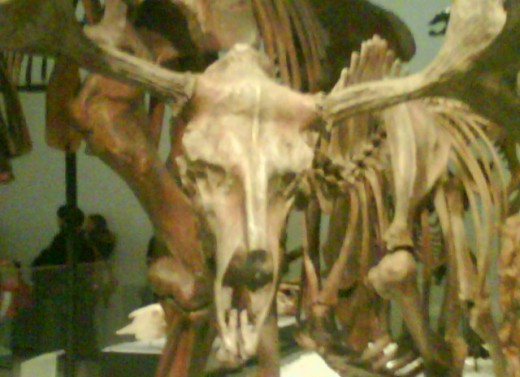
This makes sense in the modern world seeing as people have become so reliant on machinery to live. The next line could also be true, people sacrifice many things for money why not their thoughts and dreams. The third line refers fingers who are armies. This is not only giving “Moloch” fingers and making the idea into something a live that has fingers; it is calling those fingers armies. The army makes one think of war and fighting a definite form of ultimate sacrifice. The last line is also an easy link to sacrifice as it mentions a smoking tomb. This is not only referring to somebody having died, but this somebody was sacrificed to violence as their tomb smokes. This thought process leads the reader to think about the idea of sacrifice and how it may tie into the rest of the poem. The first part of Howl does speak of “the best minds of my generation destroyed”. This could be what Ginsberg meant when he refers to the imagination and brains being sacrificed to Moloch. Perhaps he meant those people; the best minds of the first part were sacrificed to the beast in part two.
A third and probably most common connection that can be made to Moloch is the religious one. In the Bible Moloch is the false god a figure to whom people sacrificed their children. A better known biblical quote about Moloch is from the Leviticus, “‘Do not give any of your children to be sacrificed to Molek, for you must not profane the name of your God. I am the LORD.” In this verse another of Moloch’s names is used, he has several that can be used interchangeably. In the biblical sense Moloch is something that God forbids His people to have any part of. He says Moloch is evil and that people should not associate themselves with the sacrificing of children to this false God. Moloch is also known as an ancient Semitic god of the Phoenicians to whom the Greek sacrificed their children. With either religious context in mind one could read the poem and make the connection that the materialistic things described are in a sense Moloch. That people are putting these things such as money and oil above God. This is mentioned in the phrase, “They broke their backs lifting Moloch to Heaven! Pavements, trees, radios, tons! Lifting the city to Heaven which exists and is everywhere about us!”. In this passage Ginsberg is saying that everything in modern life is taking the place of God in people’s minds. They are sacrificing their thoughts and beliefs and worshipping their belongings in the place of God. “Moloch who entered my soul early! Moloch in whom I am a consciousness without a body! Moloch who frightened me out of my natural ecstasy!”, here it mentions that people are possessed by Moloch early which could mean we are introduced to this materialistic way of living as children. When Moloch is worshipped above God then people forget their instincts, forget love and what is natural. This would make this part of the poem simply a list of all the things Ginsberg sees people as putting above faith and worshipping as if it is a god.
Whether the reference to Moloch be read as a reference to a movie or to a biblical story the same meaning can be derived. Moloch is the darkness of the poem, he or it whether the false god or the idea of evil symbolizes sacrifice. It is about the sacrificing of imagination, thought or faith all forms being sacrificed to the same things which are materialism, technology and money. Any which way the reader interprets Moloch they will come to the conclusion that something is not right within society and that is the point Ginsberg is trying to make in part two of Howl. The point is summarized in the last few lines of the part, “Visions! omens! hallucinations! miracles! ecstasies! Gone down the American river! Dreams! adorations! illuminations! religions! the whole boatload of sensitive bullshit!” Where Ginsberg lists the things that are ultimately sacrificed for the American society.
Allen Ginsberg "Howl"

